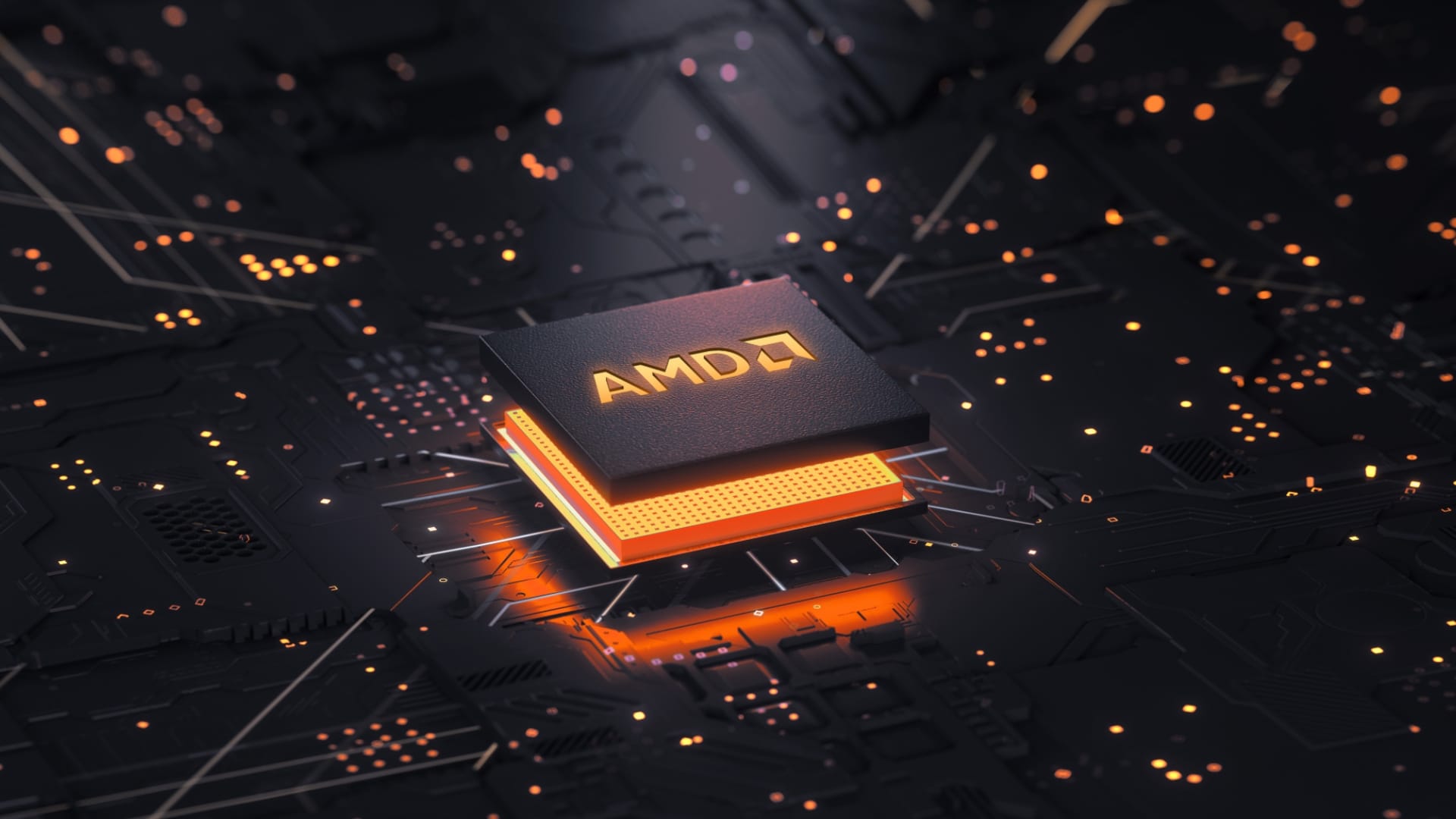AMD recognised for chiplet technology innovation with the prestigious 2024 Corporate Innovation Award
AMD receives the IEEE 2024 Corporate Innovation Award for its revolutionary chiplet design, enhancing high-performance computing and AI.

AMD was recognised with the prestigious 2024 Corporate Innovation Award from the Institute of Electrical and Electronics Engineers (IEEE) for its groundbreaking work in chiplet design, which has significantly enhanced high-performance and adaptive computing. The award was presented at a ceremony in Boston on May 3, marking AMD’s leadership in this innovative technology field.
Table Of Content
AMD’s pioneering chiplet architecture
AMD has been at the forefront of chiplet architecture innovation, utilising this approach to create powerful, efficient, and flexible processors. This technology has been integral to continuing the advances predicted by Moore’s Law beyond traditional expectations. In 2018, AMD launched the second-generation AMD EPYC server processor, the first to feature a chiplet-based x86 CPU design using the “Zen 2” core architecture. Since this groundbreaking development, AMD has expanded its use of chiplet technology across various products, including AMD Ryzen CPUs for personal computers, AMD EPYC processors for data centres, and AMD Instinct accelerators for high-performance computing (HPC) and artificial intelligence (AI).
A radical shift in processor design
Mark Papermaster, AMD’s Executive Vice President and Chief Technical Officer, highlighted the significant engineering challenges overcome by the company’s diverse and skilled teams. “Several years ago, our passionate, world-class engineering teams began addressing the scaling challenges of traditional chip design,” said Papermaster. He emphasised that the modular architecture, now a standard approach, was considered radical at the time of its inception. This innovation not only represents a technical achievement but also showcases the collaborative effort of teams working through uncertainty towards a shared vision.
AMD’s shift to chiplet designs transformed the traditional monolithic SoC designs into multiple smaller “chiplets”. This strategy has enabled AMD to enhance the performance, energy efficiency, and cost-effectiveness of their processors, expediting their market availability and applicability across different sectors.
Impact on global challenges and AMD’s continued innovation
AMD’s chiplet-based technology is applied to critical research areas beyond commercial products. For instance, AMD EPYC processors power the Frontier supercomputer, the world’s first exascale supercomputer, which supports advanced research in energy, medicine, and materials science. The IEEE Awards Program, which has been recognising technological contributions for nearly a century, noted AMD’s role in addressing some of the most pressing global challenges through innovation.
This recognition by the IEEE is not AMD’s first; the company was previously honoured in 2005 for its contributions to the evolution of x86 microprocessors and their expansion into 64-bit architecture. This foundation continues to support modern data centres and personal computing environments, underscoring AMD’s long-term impact on the technology landscape.















